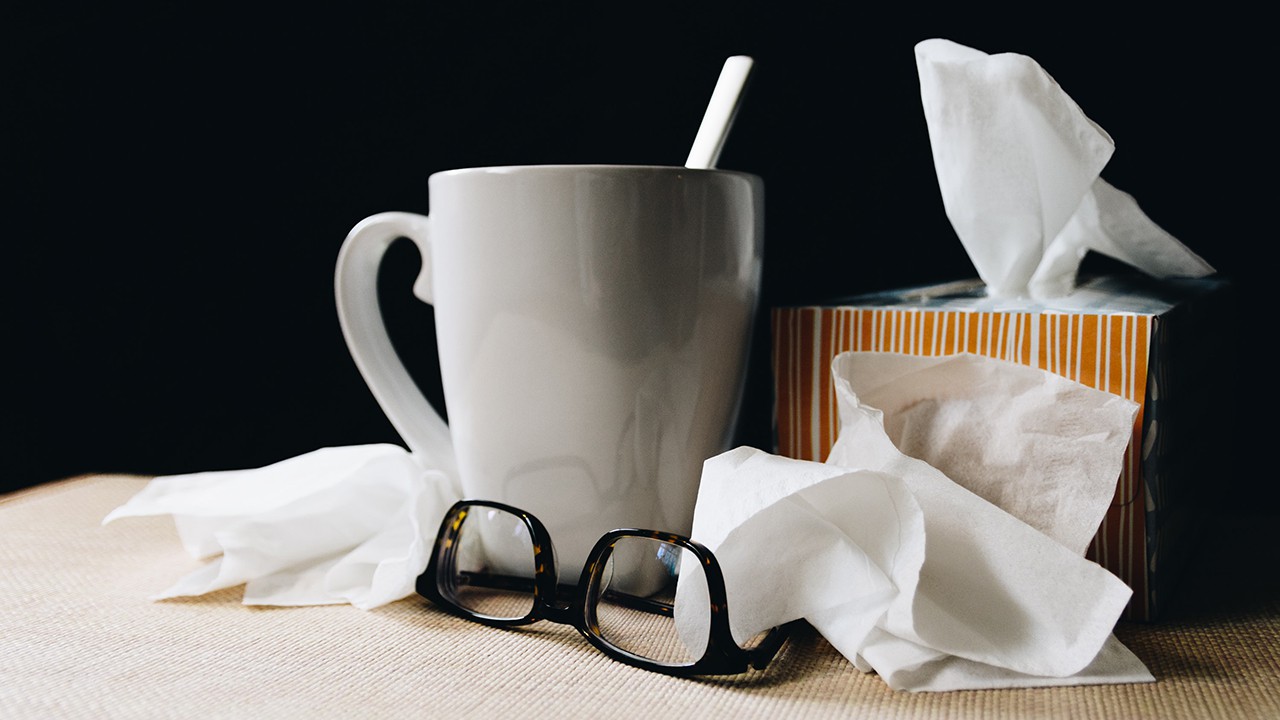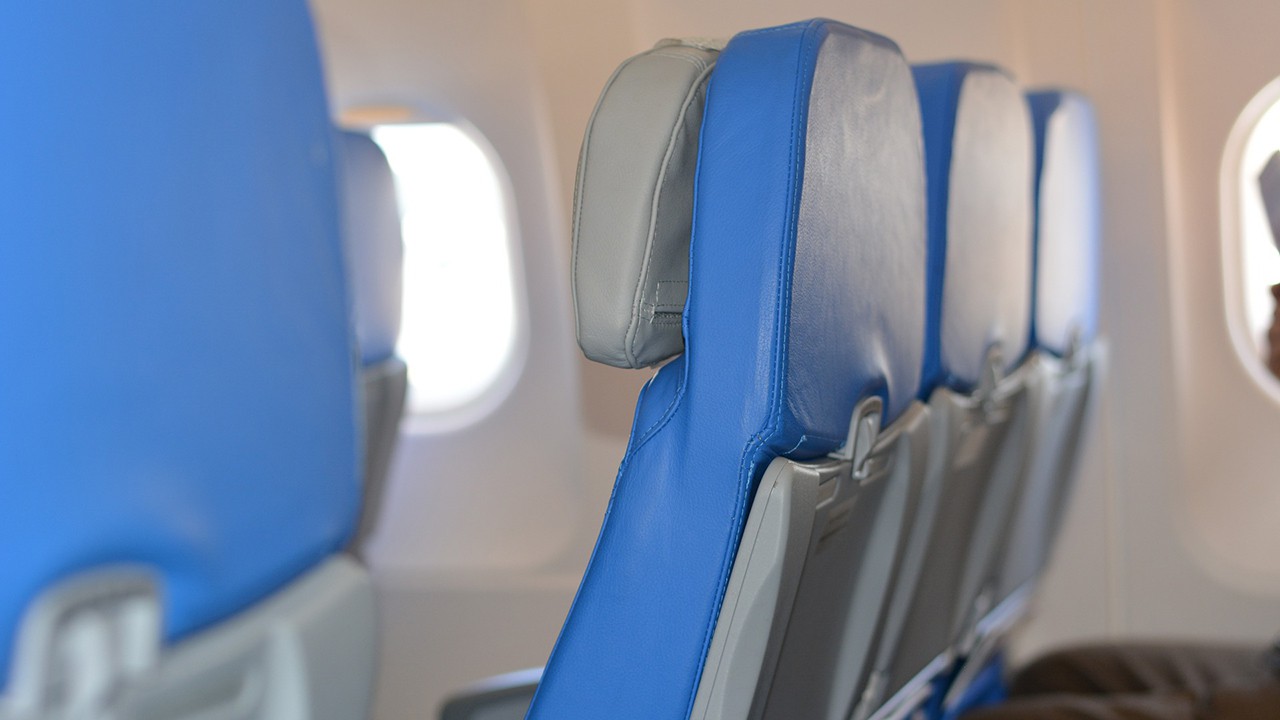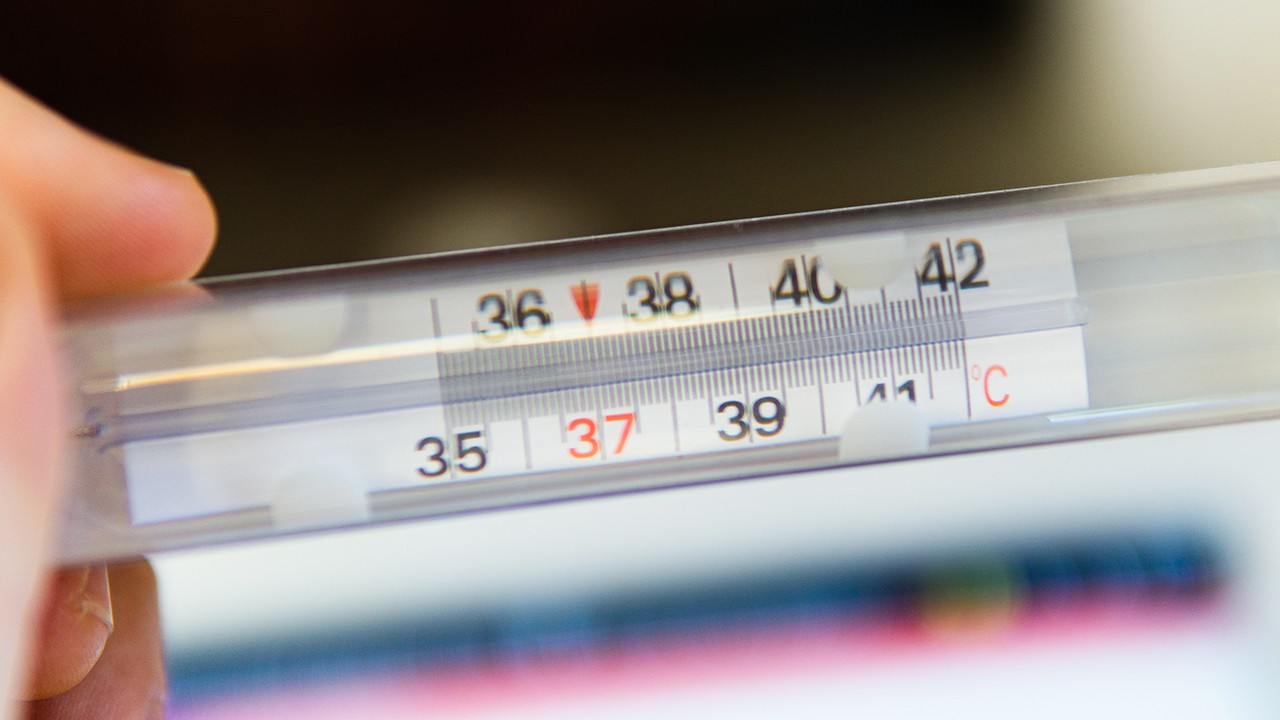We welcomed the year 2020 with numerous reports concerning the coronavirus disease 2019 also known as COVID-19. This new virus that was first identified in Wuhan, China quickly spread through different regions of the country and eventually to different parts of the world.
Today, confirmed cases of COVID-19 have exceeded the 100k mark and traveling to a different country has been affected heavily in efforts to contain and prevent the virus from further spreading.
This resulted in people canceling their trips abroad and postponing them for later on. But what if you really need to leave the country? What if there’s an important business meeting or a rare opportunity that you need to go to? Or simply a long-planned vacation that could no longer wait?
Whatever your reasons are, here are things you need to know about flying out of your country in the middle of the coronavirus outbreak.
Facts on COVID-19
According to the World Health Organization or WHO, COVID-19 is not an airborne virus, but droplets that are spread from sneezing or coughing. When an infected person sneezes or coughs, viral particles are sprayed approximately one meter in radius and can survive for extended periods of time especially on plastic and steel surfaces.
When another person comes in contact with these droplets and touches his/her mouth, nose, or eyes, that’s when the virus is transmitted.

The incubation period or the period between exposure to an infection and the appearance of the first symptoms has been reported at 14 days maximum or an average of five days.
This basically means that if you think you came in contact with someone who is infected, it is wise to quarantine and observe yourself up to a maximum of 14 days to see whether or not symptoms appear.
As of the time of writing, there have been 113,605 total cases confirmed, 4,102 deaths, and 63,663 patients recovered. There’s an online map with updated data from around the world and you can check it out for yourself. It’s simple and even shows the breakdown of data per country in case you’re curious about those numbers.
Going for that flight
So you’re really going for that flight. Although generally discouraged, the WHO (as of yet), is not particularly banning traveling overseas but doing so involves a lot of planning.
Crystal Watson, assistant professor at the Johns Hopkins Center for Health Security tells The Washington Post that people should consider if they are at a higher risk for severe illness in case they get infected.
Based on studies, if you’re healthy enough and you get infected with the virus, your body will be able to fight it off just like normal flu. Although for people with underlying health conditions, getting over the virus could be tougher.

Another thing is to prepare yourself for the vast possibilities that might happen. You should be aware that there’s a chance you could get stuck somewhere for an extended period of time in case the country you’re in suddenly decides that no one comes in or goes out for quarantine purposes.
As for flying itself, it’s not a totally bad idea. Yes, the cabin is enclosed and you’ll all be breathing the same air for hours, but according to air quality expert Qingyan Chen, there’s actually nothing to worry about the air inside the cabin. He tells Forbes that coronavirus is more likely to spread by touch than through air since planes are capable of filtering out particles that are as small as viruses.
This means that you only have to think about your surroundings and the people you’re flying with.
According to the same report from Forbes, a recent study made by the Proceedings of the National Academy of Sciences found that the 11 closest people seated near a sick passenger had an 80% chance of becoming infected themselves.

So what do you do when you find yourself flying with someone who probably has coronavirus?
As long as the sick person has been identified, most airline crews have already undergone training for such instances and will isolate the person involved. After this, it’s your turn to isolate and observe yourself for any symptoms (fever, shortness of breath, cough, and colds) for up to 14 days. If one or the other manifests, seek medical assistance right away so you can be properly treated.
If you’re still not aware, the lavatory is the biggest hot spot for the virus on a plane since people do all their business here. So if you’re not on a long haul flight, you might think of holding it in until you reach your destination. If you do need to use the restroom, be sure to wash your hands long and thoroughly right after.
Safety measures
Health organizations from different countries in cooperation with their respective government have already taken safety precautions to contain the virus. According to Health and Human Services Secretary Alex Azar through CNN, the goal is to lower the travel to and from the most impacted areas.
In the United States, anyone who flew in from China within the last 14 days should be required for screening. Meanwhile, other airlines have already suspended operations to certain airports and some have even started waiving their cancellation fees with refunds available.
As a general rule, anyone who is sick or feeling sick should no longer travel not only to avoid spreading the illness but also to avoid potentially getting quarantined in airports and simply cause unneeded stress or anxiety to other travelers.

For those who are capable of traveling, here are some common practices that you should follow to minimize your risk of getting a virus.
- According to the World Health Organization, you must always wash your hands after every contact with critical touchpoints — opening a door, pressing an elevator button, counting money, etc.
- When sneezing or coughing, use your elbow to cover your mouth and not your hands!
- Once on a plane, be sure to wipe down surfaces especially the folding tray in front of you since viruses and bacteria survive on objects.
- Stay away from big crowds
Additionally, there’s an article by Kate Taylor for Business Insider who traveled across Asia at the height of the outbreak and apart from the common things to take note of, she has some useful tips to share.
According to her, she made sure she got all the necessary vaccines and flu shots before she left the United States for Asia. She also made sure to get enough sleep all the time so her body remains rested and strong. Taking vitamins is also a must.
More than those, she cut back on how much she’s reading about the coronavirus online and chose to stick to reliable sources. After all, some media sensationalizing the outbreak might end up spreading fear rather than to help and educate.
Should I wear a mask?
This is one question I personally hear all the time — do wearing masks help?
The answer is yes and no.
Masks are effective for those who are sick so as to not spread the virus through coughing, sneezing, and even talking. But for those who aren’t, it’s not required at all.
Even Barack Obama urges everyone to save the masks for those who actually need it.
Protect yourself and your community from coronavirus with common sense precautions: wash your hands, stay home when sick and listen to the @CDCgov and local health authorities. Save the masks for health care workers. Let’s stay calm, listen to the experts, and follow the science.
— Barack Obama (@BarackObama) March 4, 2020
In fact, the Centers for Disease Control and Prevention (CDC) advises to only use a facemask if you are sick or caring for someone who is sick. This is mainly the reason why all the doctors and frontline workers you see on TV are all wearing masks.
So again, if you’re not infected with the virus, you don’t have to buy packs of face masks. Just a couple of pieces would do if the need for it arises.
Conclusion
With those reports and studies, air travel in itself is definitely still possible but requires vigilance and planning. One should be ready for things to change at the last minute — it could be staying in one place longer than expected or cutting the trip short altogether due to certain circumstances.
Having presence of mind during these times is also key. Be sure to remember the aforementioned personal safety measures at all times and be aware of possible individuals that could be sick. And whatever happens, keep a calm mind but able to take quick, sensible actions when needed.
Oh, and lastly, do your best to avoid touching your face! That’s the fastest way for the virus to enter your body.










